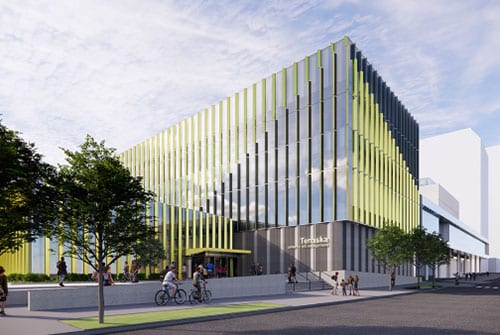My youngest son was diagnosed with autism spectrum disorder (ASD) in 8th grade, and the diagnosis came as a big relief for me. His father and I had known for years that something was “wrong,” and we thought he might be “on the spectrum.” While we mentioned this to his teachers through the years, none were willing to go down that path with us. We had to become advocates for him and insist on a diagnosis so that he could have more help in school. Bradley was, and is, very high functioning — he is currently in college, plays trumpet in the band, has worked at his current job for over a year and has numerous friends as well as a girlfriend.
Autism affects an estimated 1 in 44 children in the US currently. While ASD is different for every person, there are a few characteristics that most children and adults diagnosed with it display. They may have difficulty with communication, including spoken language (about a third of people with autism are nonverbal). Eye contact is also difficult, as well as discerning tone of voice. They also frequently display restrictive and repetitive behaviors such as rocking, or ritualistic behaviors like lining up objects. Sensory issues, such as sensitivity to sounds or taste, often accompany these behaviors.
While a puzzle piece has long been the symbol for autism, there are many neurodivergent people who feel that it implies that a piece of them is missing. The puzzle piece was originally used as the symbol because of the complex, seemingly mysterious way that people with autism view the world and interact with their surroundings, and because the cure for autism is seen as the missing piece of the puzzle. Many autistic people feel that they do not need to be cured, that autism is just a part of who they are.










